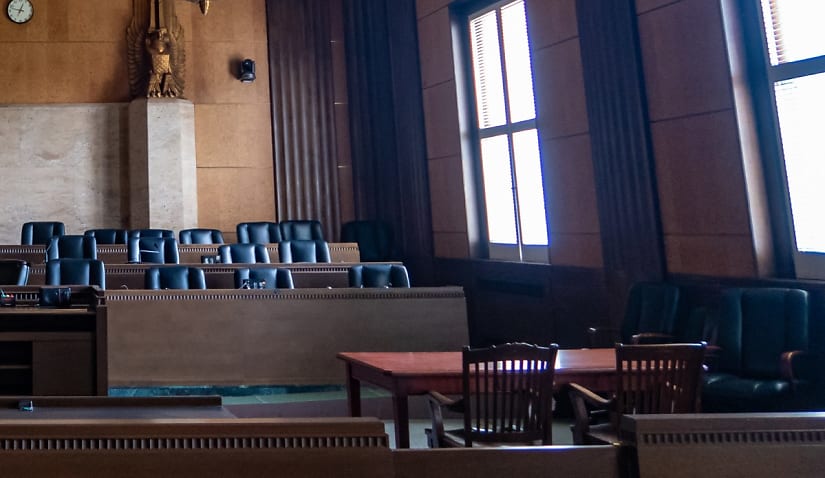There have been several significant concerns raised around new potential changes to jury laws, which propose that the duration before a jury can be released after a unanimous verdict should be halved.

The Law Society of NSW has recently voiced concerns around proposed changes to jury laws – and a proposal that risks reducing an important safeguard for majority verdicts.
“There can be few, if any, more important duties a citizen has than sitting on a jury. Yet a proposal to halve the amount of time before a jury can be excused from delivering a unanimous verdict represents an erosion of the importance of the jury’s role in our justice system,” he said.
“The stakes for both defendants and the state could not be higher than in a jury trial. Both the defendant’s liberty and the state’s interest in enforcing the law hang in the balance.”
Under current laws, a criminal trial jury is required to sit for at least eight hours before a court can permit them to reach a majority verdict (in which a single juror’s opposing view can be disregarded).
In a recent submission to the Legislative Council’s inquiry into the proposed changes to the Jury Act 1977, the Law Society of NSW emphasised that the rationale for the eight-hour minimum has not changed since the measure was introduced in 2006.
“The then-attorney-general Bob Debus was right when he told the Parliament that an eight-hour minimum compels a jury to deliberate ‘for more than one court day’ before it’s directed that it can return a majority verdict,” Mr McGrath added.
“Given the grave consequences that can flow from a jury verdict, this period should remain the very least that a jury is required to consider often complex evidence, to deliver their decision unanimously. A mere four hours is insufficient.
“Judges have the discretion to require juries to deliberate for longer periods, but reducing the minimum time to four hours carries the risk that juries will rush to a verdict in cases where a person’s liberty is at stake. That outcome would be anathema to the right to a trial by jury.”
If the eight-hour period was viewed to have negatively impacted juror wellbeing, the Law Society suggested “introducing other support mechanisms to assist jurors in dealing with stress arising from deliberations, and support juror wellbeing”.
“We would consider appropriate alternative approaches a more effective and holistic response than reducing statutory protections, specifically the eight-hour minimum period for deliberations, to facilitate majority verdicts,” the society’s submission stated.
Further, Mr McGrath welcomed the scrutiny of the Jury Amendment Bill by NSW Parliament’s upper house and the opportunity for the solicitors on the Law Society’s criminal law committee to express their expert views on the legislation.
“The Law Society supports reforms that strike the right balance between an individual’s right to a fair trial and an efficient justice system, as do most of the amendments proposed in this bill,” he said.
“We will also speak up when proposed reforms pose avoidable risks to the administration of justice.”

Lauren is the commercial content writer within Momentum Media’s professional services suite, including Lawyers Weekly, Accountants Daily and HR Leader, focusing primarily on commercial and client content, features and ebooks. Prior to joining Lawyers Weekly, she worked as a trade journalist for media and travel industry publications. Born in England, Lauren enjoys trying new bars and restaurants, attending music festivals and travelling.